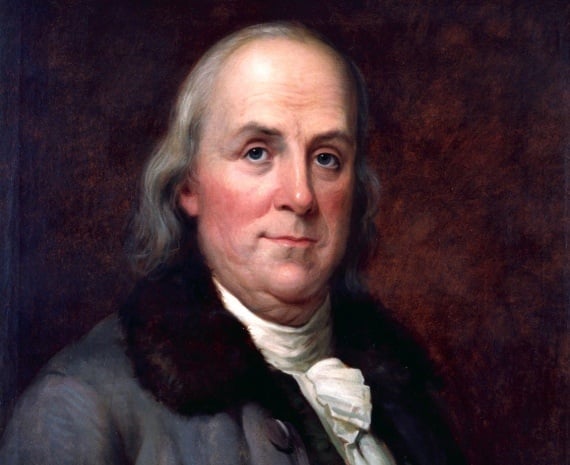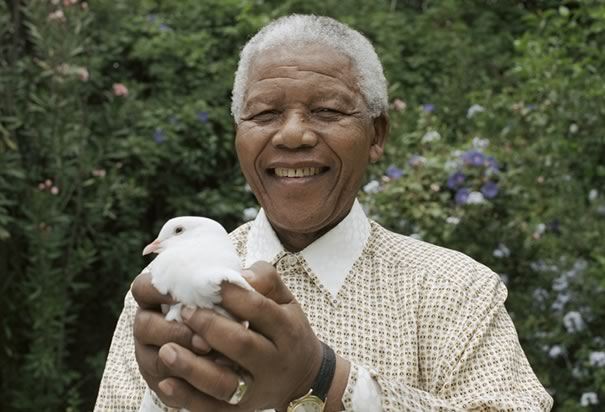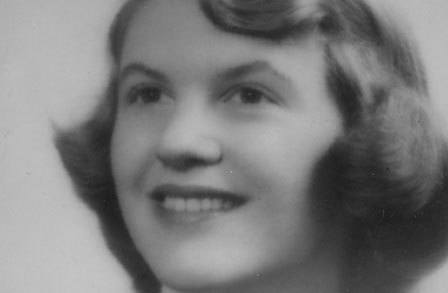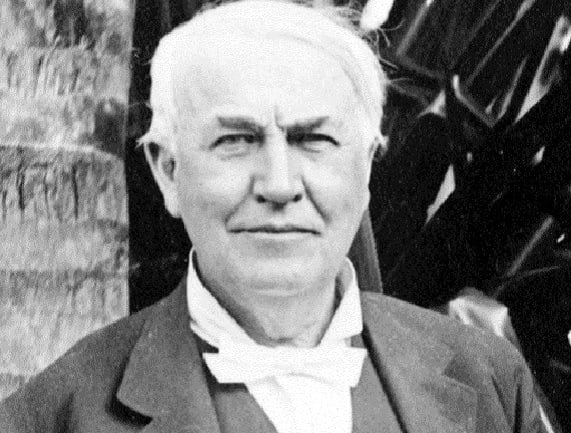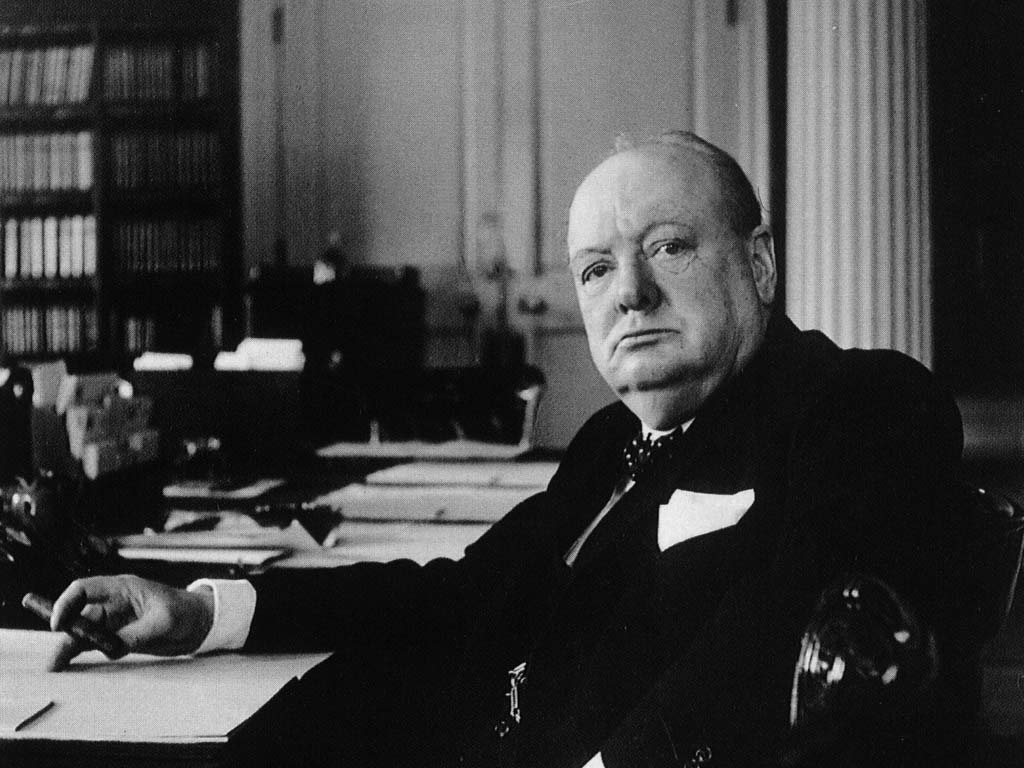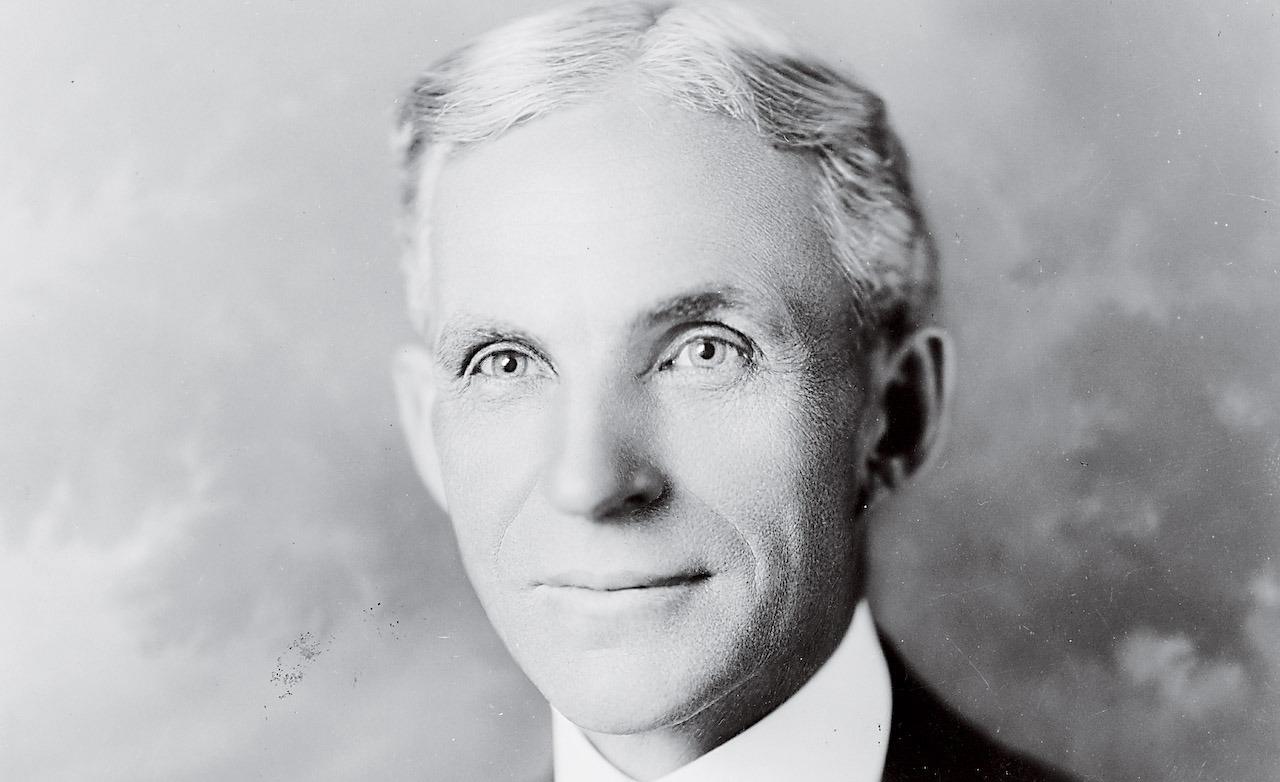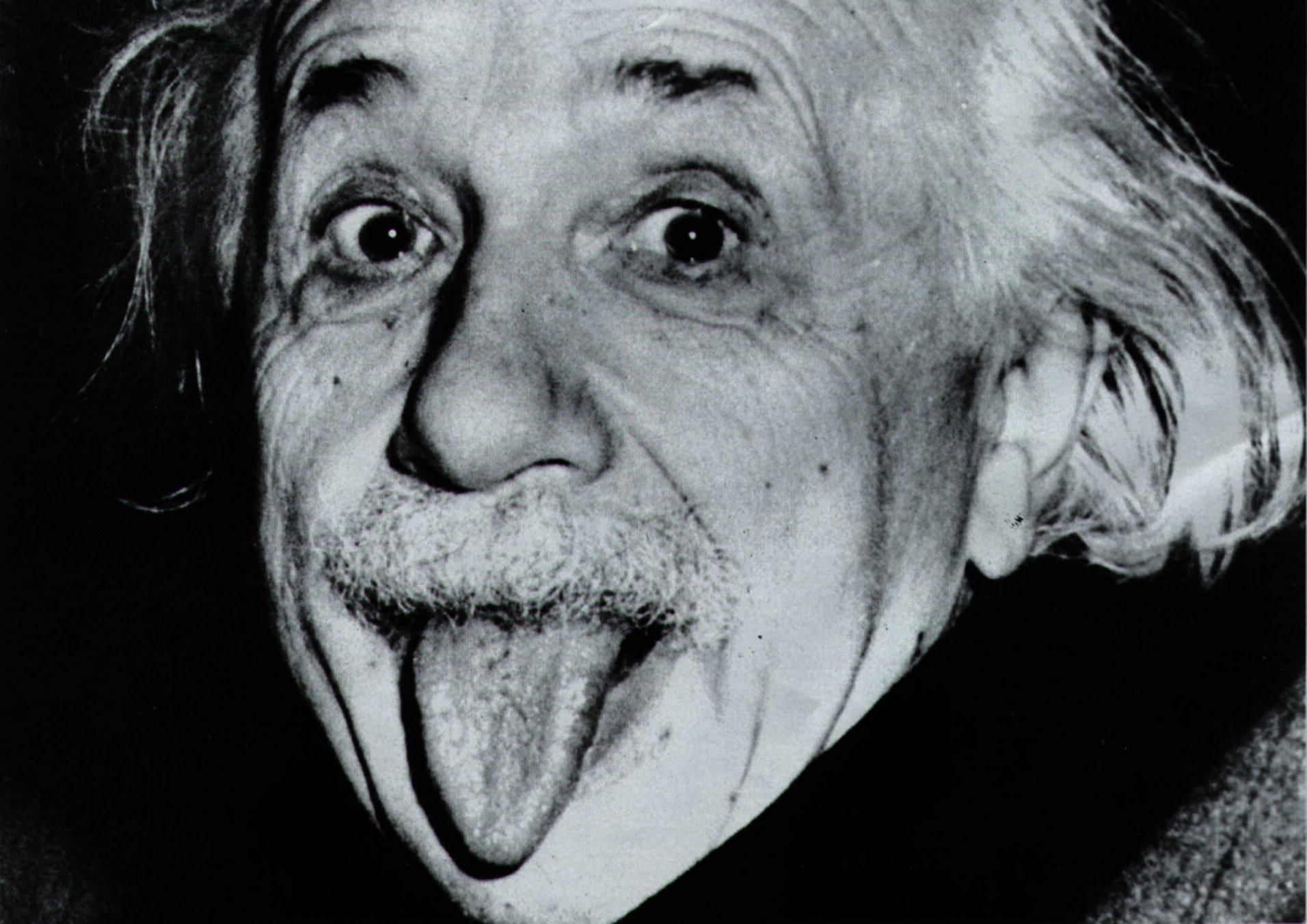History is filled with men and women who got significantly more done on a daily basis than seems strictly possible. The legendary production of people like Leonardo DaVinci and Benjamin Franklin is mind boggling, and more than a little humbling to those of us who struggle to get to the gym three times a week or pick up our dry cleaning on time.
How did they do it?
What superhuman traits did these super-productive few wield that we can learn from? For the most part, nothing that you and I can’t put to use on our own on a daily basis, though there are more than a few unexpected hacks that can supercharge your productivity in ways you might not expect.
Here are 8 such hacks and the famous men and women who used them to do all the amazing things they did.
Leonardo DaVinci
Leonardo DaVinci was a maestro of productivity. Just look at the man’s list of accomplishments and you realize he must never have slept.
While there are numerous unproven myths about how DaVinci got so much done in his lifetime — from sleeping for 20 minutes every three hours, to clever variants of outsourcing — we know one thing for certain: he was an active man.
There is no point in the recorded histories of DaVinci’s life that we see him inactive — not pursuing a new trade, completing one of his masterpieces, or developing a theorem. There is something to be said for downtime, but so, too, is there something to be said for finding the things you love in life and pursuing them daily.
Benjamin Franklin
Ben Franklin is one of America’s most prolific politicians, writers, and inventors, having been instrumental in the American Revolution, the building of American government and inventing numerous useful tools in his life.
His 13 virtues are legendary for laying out how to live one’s life to maintain temperance, order, frugality, sincerity, justice and more.
If you are looking for a key to understanding how he got so much done in his life, those 13 virtues are a perfect guide.
Nelson Mandela
Nelson Mandela is not the only person on this list to get up early each day, but his early morning walks are somewhat legendary in their own right — a time for him to think about what the day might hold, to process the day before, and to appreciate the freedom to enjoy that time.
Whether you go to the gym, read the paper, or go for a long walk every morning, getting up early and triggering the physical and mental processes that will lead to greater productivity is a sure fire way to get more done.
Sylvia Plath
Sylvia Plath famously woke up early to write every morning, getting as much done as she could before her children woke up.
The same is true of many writers, thinkers, executives and statesmen and women. There’s something about those first two to three hours of every day when no one is awake and the world is yours.
If you frequently find yourself interrupted by distractions, phone calls, family members or something else that keeps you from getting work done, consider waking up earlier and getting the most important tasks on your to do list done before anyone else is even awake.
Thomas Edison
Thomas Edison was a famous napper. Every day he would settle down for an hour or two to nap, recharging his mind and body for greater productivity later in the day.
He isn’t the only one. Winston Churchill and John F. Kennedy both took naps as well — a must for anyone who essentially works from morning to night.
Winston Churchill
Speaking of Churchill, this was a man who took great care with his personal time. Despite running one of the most powerful countries in the world during its most trying times, Churchill would set aside hours every day to nap, take a bath, dress and eat his evening meals in peace.
He credited his routines for keeping him focused and sane through what would be the hardest period of leadership in Britain during the 20th century.
Henry Ford
Henry Ford revolutionized productivity on an industrial level, introducing the methods that ultimately enabled mass production of everything from his Model T automobile to jetliners.
One of his many sayings (and there were many) was that the “Greatest thing in life is experience. Even mistakes have value.” He believed that if you are going to fail, you should fail fast and learn from that failure.
In short, you should constantly be doing something — working toward something that will allow you to accomplish your goals, even if failure is a risk.
Albert Einstein
Einstein is one of the most important thinkers of the last two centuries, revolutionizing science, enabling the atomic age, and becoming synonymous with great intellect.
He was also a very productive man, capable of narrowing his focus for long periods of time on very important tasks.
His belief was that to be truly productive, you should focus your energies on a small number of very big things rather than the human tendency to focus on a large number of very small things.
Finding inspiration in a way that suits you
Inspiration and productivity are closely related. It’s hard to be productive when you have no interest in what you’re doing. At the same time, without productivity, inspiration can wane.
Productive men and women like those listed above were able to get more done in their lives because they found something important to them and focused all of their energies on those pursuits.
And when they couldn’t find more time, they found ways to squeeze more energy and more inspiration out of their days. Find those same triggers and you’ll be astounded at how much you can get done.


